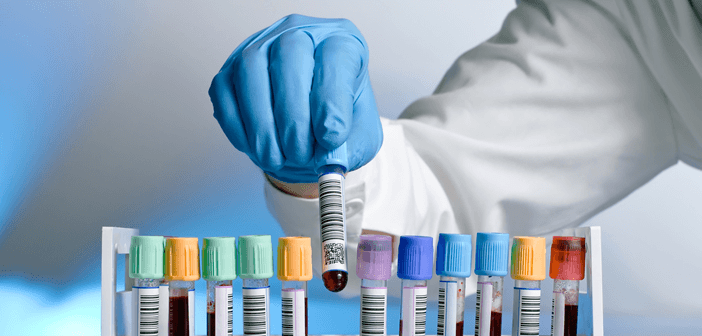
Laboratory tests are often the gold standard for determining treatment. However, those without an intricate knowledge of the healthcare system may wonder how a doctor or medical manufacturer can possibly determine illness or treatment from a simple blood draw or even from a nasal or oral swab. Although millions of lab tests are processed every day around the world, the process from start to finish actually requires several steps, which must be completed carefully to provide accurate results.
Lab Test Collection
The first step in procuring a lab test is having a doctor order it. Doctors can order hundreds of different tests, and tests can be collected in several ways. Many require blood samples, either from veins or arteries, and some are other body fluid samples, such as urine, feces or sputum. Most of the time, labs must be collected by a healthcare worker, although some, such as urine specimens, can be collected by the patients themselves in a controlled setting.
Lab Test Processing
Next, the sample is sent to the laboratory or medical manufacturer where it will go through a complex series of readings to determine the result. Most clinics and hospitals have laboratories on site to process simple lab tests. However, some complex tests, such as those for infectious diseases, may be sent to an off-site state-of-the-art facility for analysis.
Lab Test Reading
The laboratory provides a reading or a result. This may be number that shows a normal or abnormal result or a positive or negative reading. The laboratory will forward these results to the physician as soon as they have them. Physicians typically see the results within a day or two although critical results may be reported immediately.
Lab Test Interpretation
Patients now have the right to get their results directly from the lab rather than having them funneled through a physician. However, it is still vital for patients to talk about their results with a physician to determine if further tests or treatment is needed.
Oftentimes, a lab test can provide the necessary knowledge to make an accurate medical diagnosis and treatment plan. In fact, sometimes it may be the answer that brings life. However, accurately processing and interpreting lab tests requires great wisdom and skill, something that only trained professionals have. Patients should leave this important task to their physicians and seek out second opinions should they have any doubts about their treatment plans.
Anica Oaks
Recent Posts
- Castor Oil For Better Hair Growth: Is It Myth Or Fact?
- Exploring the Differences Between Sermorelin, Ipamorelin, Ibutamoren, GHRP2, and GHRP6: Understanding Their Role in Human Growth Hormone Regulation
- Unraveling the Mystery: Understanding the Causes and Prognosis of Ventricular Tachycardia Without Apparent Heart Disease
- Understanding Grandparents’ Rights in Oklahoma: Navigating Visitation and Legal Protections
- 10 Reasons to Consider Hypnotherapy for Your Health

